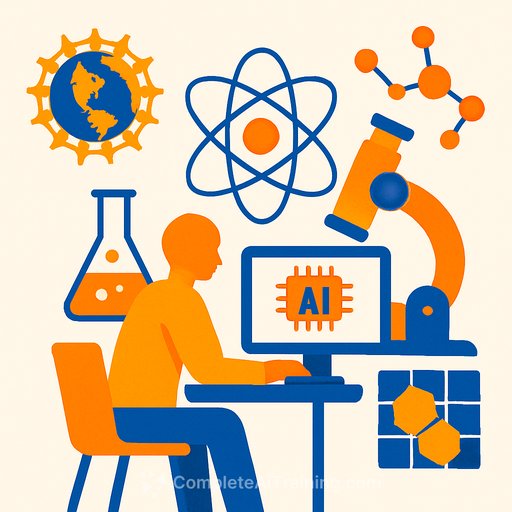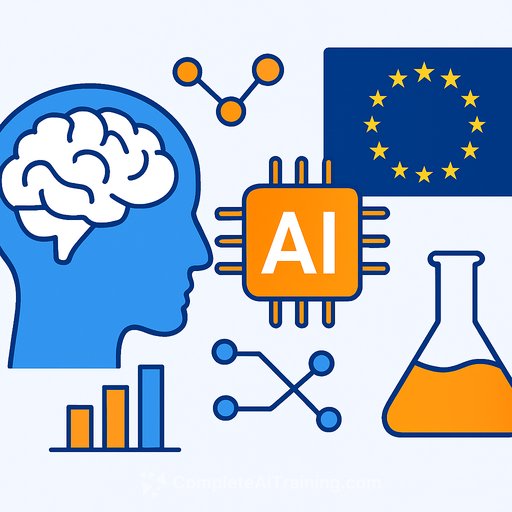NSF and Intel Invest $20M in Cornell AI Materials Institute
The U.S. National Science Foundation, together with Intel, has committed $20 million over five years to launch the Artificial Intelligence Materials Institute (NSF AI-MI) at Cornell University. The announcement, made on July 29, marks a significant push to integrate artificial intelligence with materials science to speed up the discovery and design of new materials.
Led by Eun-Ah Kim, the institute’s mission is to combine AI techniques with scientific expertise to advance materials for sustainable energy, quantum technologies, and more. This collaboration includes researchers from Cornell, Princeton University, the City College of New York, the Advanced Science Research Center at CUNY, and Boston University.
From Serendipity to AI-Driven Design
Materials research has traditionally depended on chance discoveries. The NSF AI-MI intends to shift this paradigm by leveraging machine learning to analyze large datasets and predict material properties. This targeted design approach uses data from facilities like the Cornell High Energy Synchrotron Source (CHESS) to enable AI-driven materials prediction.
By systematically mining these extensive datasets, the institute will move materials science towards intentional synthesis of novel materials with desired properties. This strategy promises to accelerate innovation while reducing trial-and-error experimentation.
Focus on Trustworthy and Interpretable AI
One of the institute’s key priorities is developing “trustworthy AI.” This means building AI systems that are reliable, interpretable, and scientifically valid. Such AI tools are essential for confident predictions and guiding experimental efforts in materials research.
This dual focus on materials science and fundamental AI advances aims to ensure that AI applications in this field are both effective and transparent, supporting rigorous scientific inquiry.
Impact on Energy, Electronics, and Quantum Technologies
The NSF AI-MI’s work will support breakthroughs in sustainable energy solutions, advanced electronics, environmental technologies, and quantum devices. By accelerating the pace of materials discovery and design, the institute helps address critical challenges across these sectors.
For researchers interested in AI applications across scientific fields, exploring relevant AI tool databases and latest AI courses can provide valuable resources.
Your membership also unlocks:






